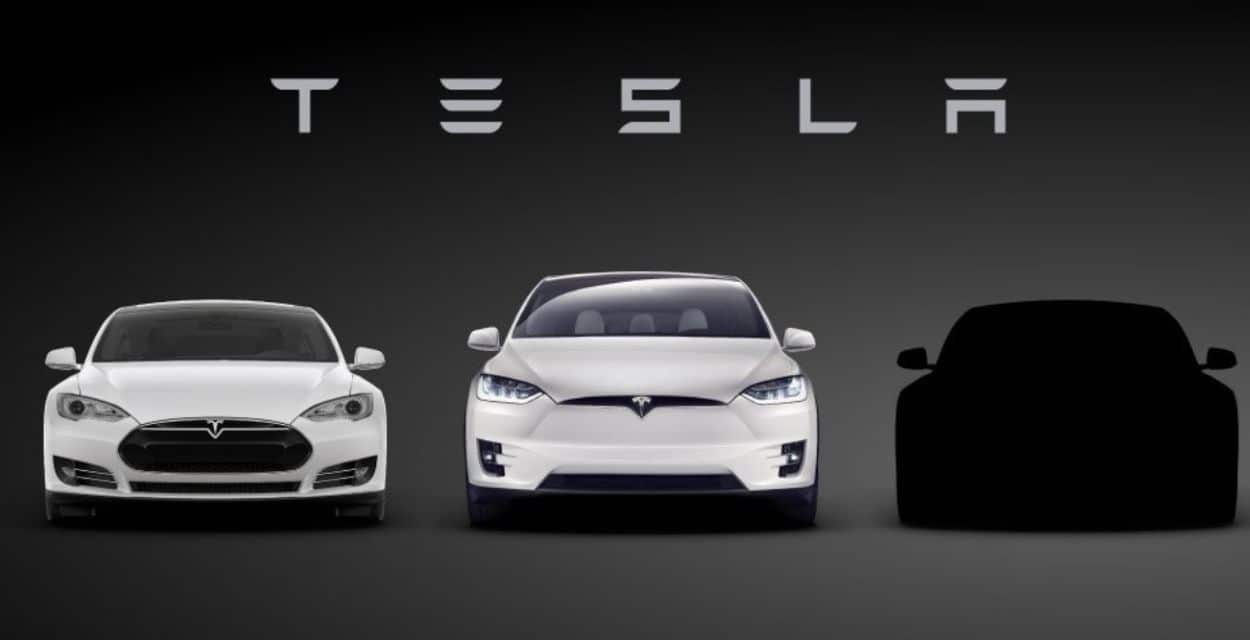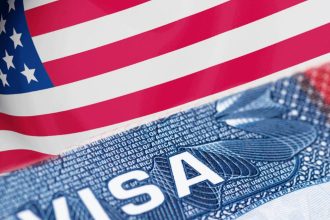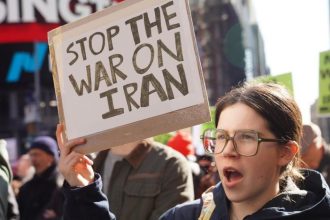Tesla has temporarily paused new orders for its Model S and Model X vehicles in China. As of Friday, purchase options have been removed from its official Chinese website and the WeChat mini-program.
The suspension affects both premium models in Tesla’s crucial Asian market, though the company has not disclosed the reason for this move or when orders might resume.
This development comes amid significant financial market turbulence caused by ongoing U.S. trade tensions. U.S. equity markets suffered substantial losses on Thursday, with the S&P 500 declining 3.5%, the Dow Jones Industrial Average falling 2.5%, and the technology-heavy Nasdaq Composite dropping 4.3%. These losses erased most of the gains achieved earlier in the week.
Trade policy uncertainty continues to weigh on global markets, particularly regarding U.S. tariffs. While the Biden administration recently suspended 26% tariffs on Indian goods until July, significant tariffs remain for imports from China, Mexico, and Canada – nations that collectively account for nearly 40% of total U.S. imports.
Tesla's website in China has removed the "order now" option for Model S and Model X electric vehicles, which are both imported, just days after China retaliated against US President Donald Trump’s tariffs https://t.co/9dvXVKH3sS
— Bloomberg (@business) April 11, 2025Federal Reserve officials have grown increasingly vocal about the economic impacts of these trade policies. Multiple policymakers have warned that the current tariff regime may simultaneously slow economic growth while contributing to inflationary pressures. This dual effect creates particular challenges for monetary policy decisions, as the Fed must balance fighting inflation against supporting economic activity.
Read: Tesla’s VP Software David Lau Quits Tesla After 12 Years in Service
The Tesla order suspension and market volatility highlight multinational corporations’ complex challenges in the current geopolitical environment. Analysts suggest companies are having to make real-time adjustments to their sales strategies amid fluctuating trade conditions and supply chain uncertainties. Neither Tesla nor Chinese regulators have commented on whether the order pause relates to broader trade tensions or reflects company-specific considerations.
Market observers will be watching closely for several developments: potential clarification from Tesla regarding the China order suspension, upcoming U.S. trade policy decisions, and how the Federal Reserve responds to these intersecting economic challenges in its forthcoming policy meetings.






